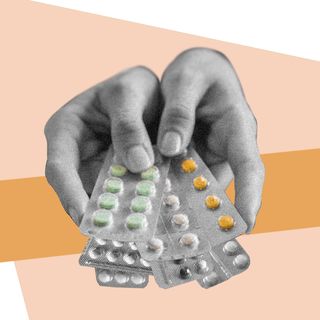On Monday, the World Health Organization called for an increase in the production of Dexamethasone, a steroid drug that may reduce deaths in critically ill Covid19 patients. A clinical trial showed that Dexamethasone was able to reduce deaths by up to one-third in critically-ill patients who required ventilators.
“Although the data are still preliminary, the recent finding that the steroid dexamethasone has life-saving potential for critically ill COVID-19 patients gave us a much-needed reason to celebrate.” Tedros Adhanom Ghebreyesus, Director-General of the WHO, said in a media briefing. He added that Dexamethasone is relatively inexpensive and that demand has surged in the U.K post the results of the trial.
The problem is, that this is the only trial that has shown Dexamethasone’s efficacy, and it suffers from the same vulnerabilities as many other non-peer reviewed papers during the Covid19 crisis. This particular trial is the largest, randomized, and controlled Covid19 trial, and had epidemiologists from Oxford University working on it. But it is currently only posted to medRxiv — a server carrying preprints of health/science papers — which means this trial and its results have not been peer-reviewed yet. A peer review is when a group of subject experts evaluate a new academic paper for various criteria, including the quality and significance of the research. Most importantly, research without the peer-review stamp of approval should never guide any form of clinical practice. Plus, clinical trials require regulation — and the researchers were sharing their findings with regulators both in the U.K and in external regions as recently as last week. The U.K Government authorized the use of Dexamethasone in haste, after seeing the preliminary, non-peer reviewed results from the trial.
Considering previous missteps with hydroxychloroquine and Remdesivir, the WHO might have exercised more caution before recommending Covid19 drugs. Especially amid a pandemic, where a clear dedication to accurate information verified multiple times is far more important than hunting for any possible cure while keeling under economic/political pressure.
Related on The Swaddle:
The Quality of Scientific Research Has Deteriorated Amid the Covid19 Pandemic. Ethicists Explain How to Fix It.
People have witnessed the WHO grapple with multiple assertions of effectiveness, and later retractions, from the scientific community with respect to hydroxychloroquine. Plus, the organization’s lack of a strong position on Remdesivir — especially amid critique around Remdesivir’s trials, and strong private interests surrounding the drug — is also damning.
The Covid19 pandemic is nothing like the modern world has ever seen — the world’s leaders in policy and scientific innovation required a few attempts to catch their bearings. But, for an organization whose primary goal is to act as a global, specialized public health policy agency, the WHO must act with extreme care. Even though innovation in medicine is always uncertain, the checks and balances governing it and authorizing it are completely capable of accuracy.
It’s time the WHO reconsiders their approach and perspective on new Covid19 drugs, and its time they recommit to bringing the public information that is verified several times over, rather than ‘good news’ based on one non-peer-reviewed clinical trial that was hastily approved by the U.K Government.




